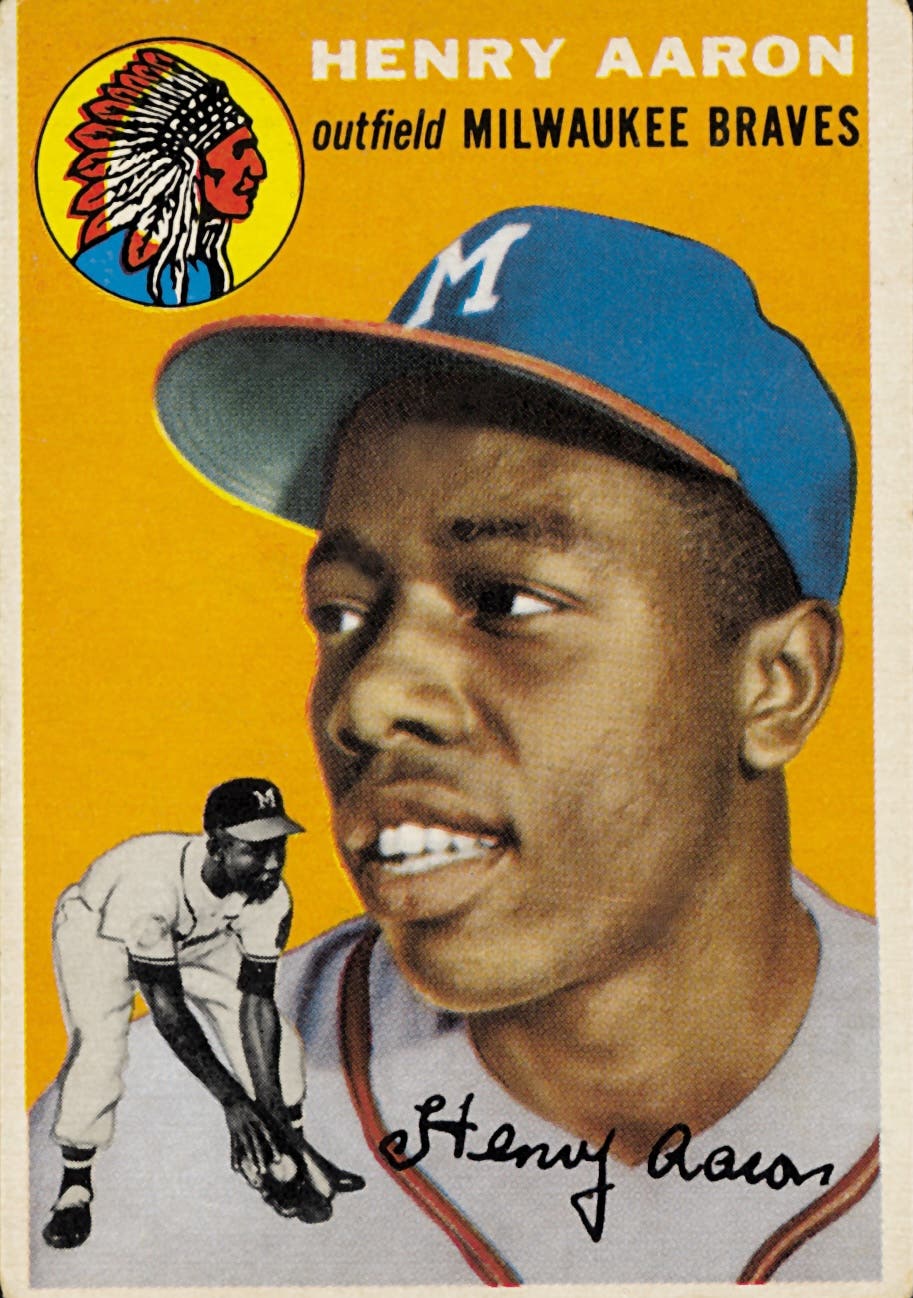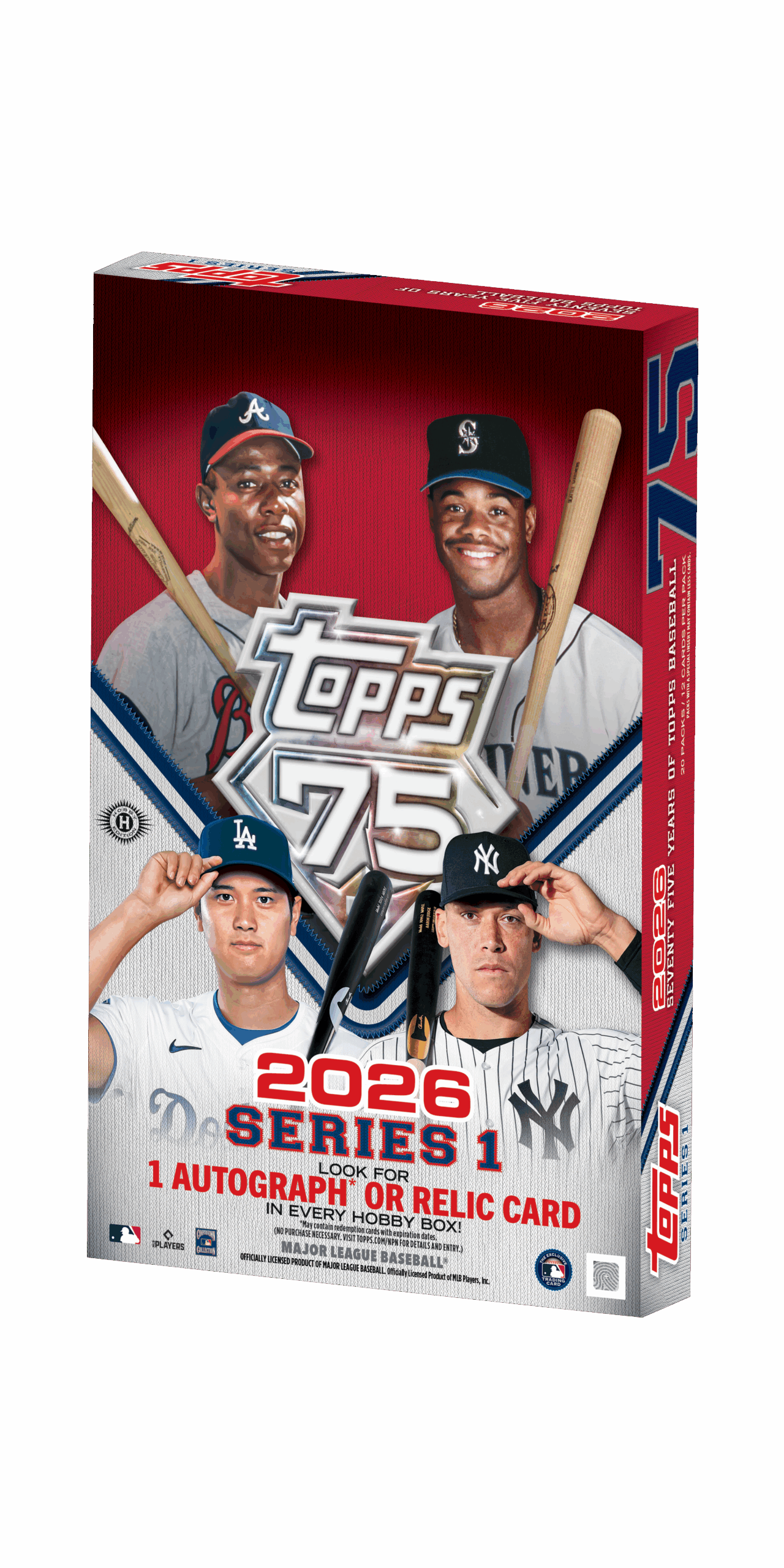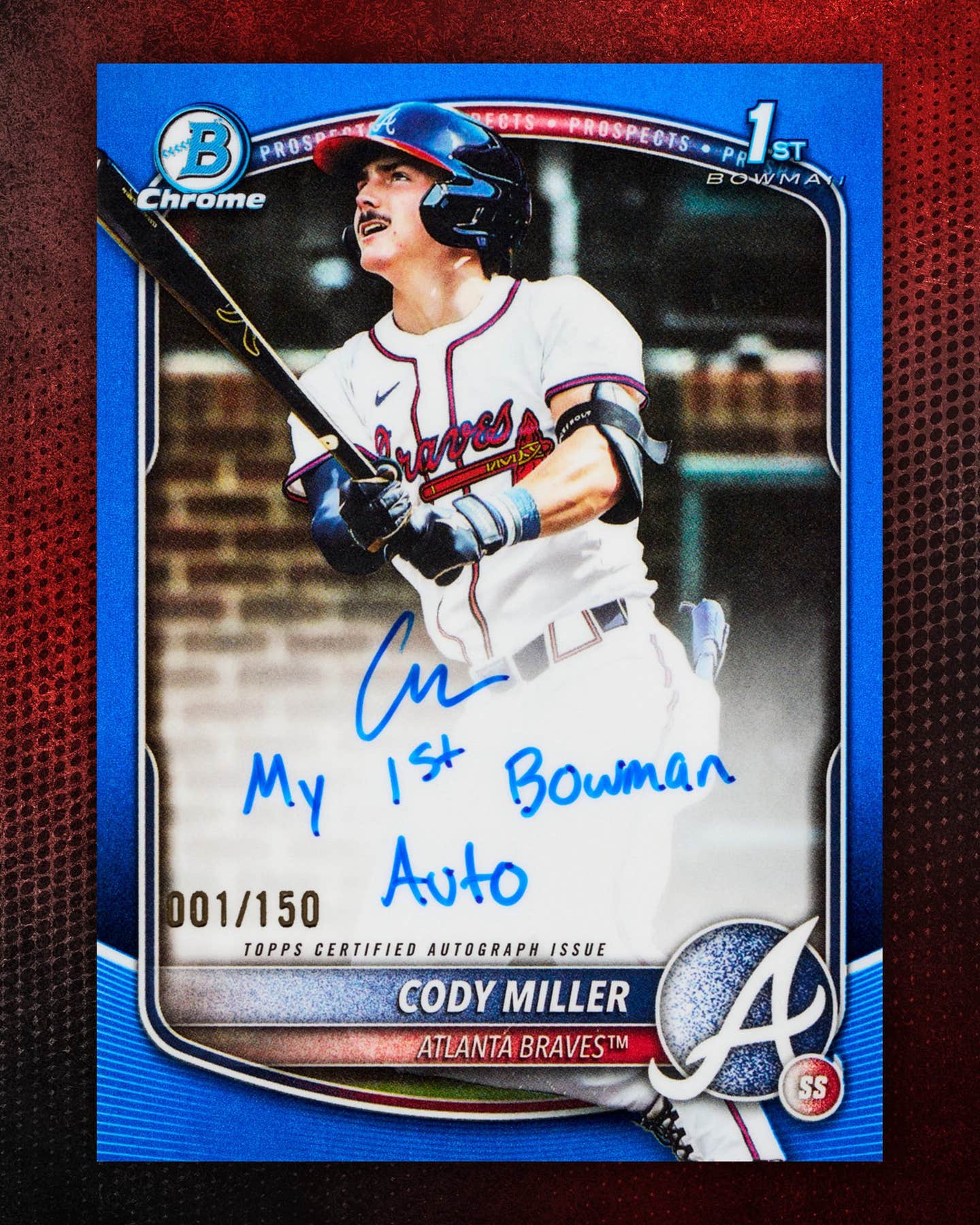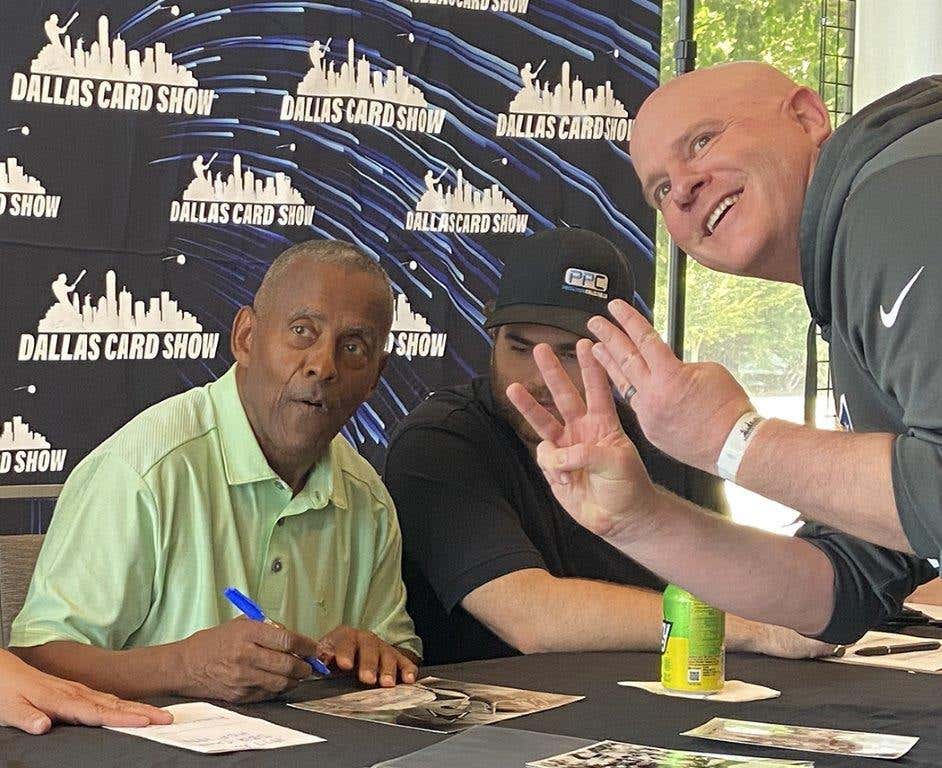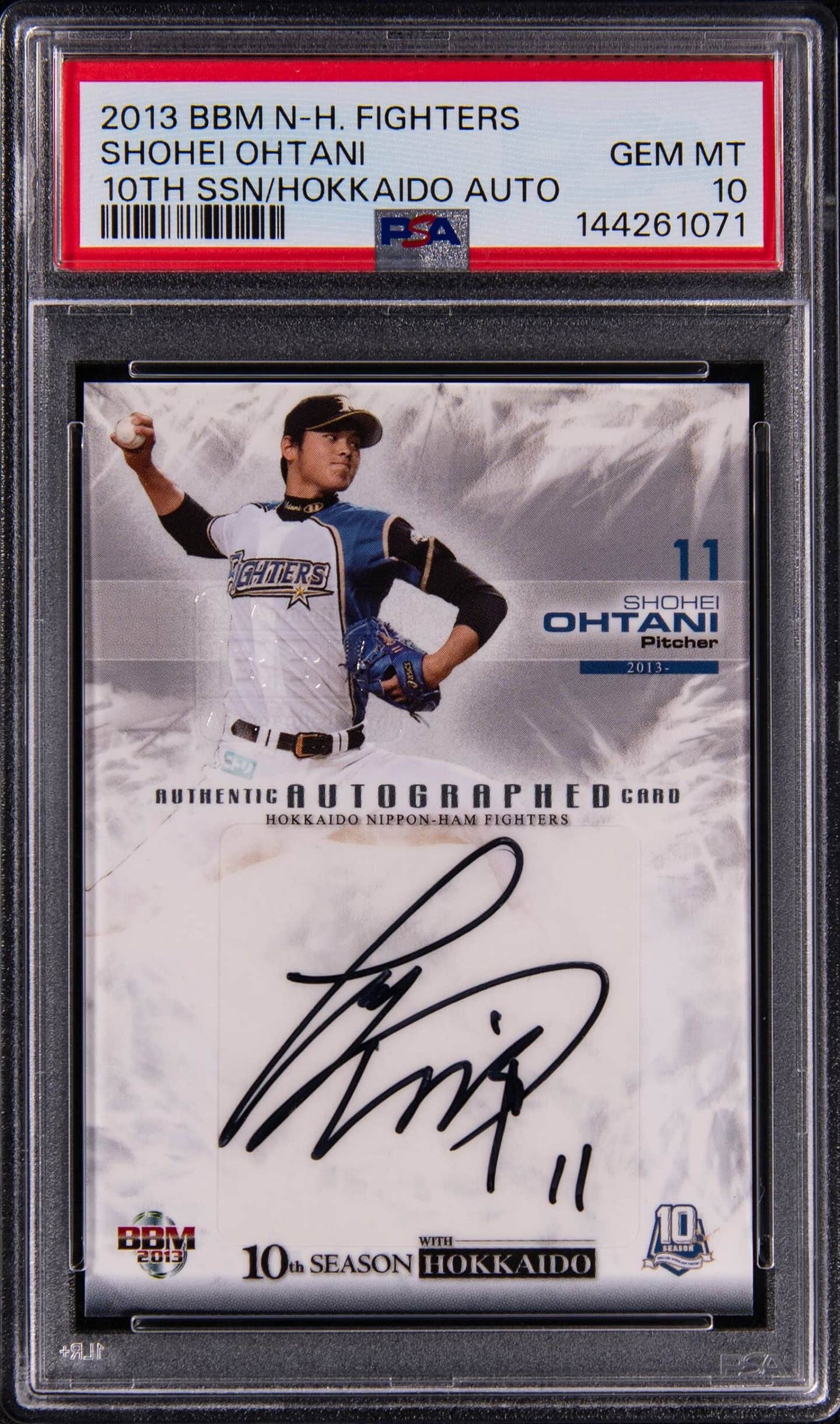Featured
Doby and Paige: When Veeck Shuffled the Deck
By Doug Koztoski
As the finishing touches of this article were falling into place on July 4, Independence Day, the thought occurred to me, “Bill Veeck must have had a thing for truly historic moments surrounding independence this time of year, too.”
Or, maybe it was just a coincidence.
However, on July 3, 1947, for instance, Veeck, then the owner of the Cleveland Indians, bought the contract of a Negro League player from the Newark Eagles named Larry Doby. Two days later, Doby integrated the American League. About 11 weeks before that milestone, Jackie Robinson broke the Major League Baseball color line with the Brooklyn Dodgers. Both moves were met with mixed reactions for some time.
During the first week of July 1948, Veeck signed Negro League and barnstorming circuit pitching legend Satchel Paige, who at 42 (or so, since the pitcher was known to be vague about his age), became the oldest rookie in MLB history. On July 9, 1948, Paige helped integrate the American League a bit more.
In 1948, Doby put up some solid hitting numbers, including 14 homers and a .301 average, while Paige compiled a 6-1 record. That October, the Indians played the Boston Braves in the World Series. Cleveland’s only other Fall Classic appearance up to that point had come in 1920, when they beat Brooklyn.
Although Paige just faced a few batters in relief during the ’48 Series, Doby played in all six games and led the team with a .318 average as the Indians won the championship, their last Fall Classic title.
Paige pitched again for Cleveland in 1949. But before the 1950 season, Veeck had to sell the team as part of his divorce, and no big league team picked up Paige that year.
In 1951, Veeck bought the St. Louis Browns and Paige did his mound work for the AL squad for that season and through 1953, obtaining modest success while with the Browns, essentially ending his MLB career.
The colorful Paige, however, did pitch one last time in the majors. In 1965, as an attendance booster for the Kansas City Athletics, the legend tossed three innings to start a game against Boston. His pitching box score that day: 28 pitches, nine outs, one hit, one strikeout and no runs or walks. Paige was 59, give or take.
Doby, meantime, went on to be a seven-time All-Star, and he won the AL home run and RBI crown in 1954, helping Cleveland win 111 games and the pennant.
The Indians’ amazing regular season in 1954 was one thing, as they dethroned the Yankees from five straight pennants, but the World Series ended quickly, as the New York Giants, with Willie Mays and Co., swept the Tribe.
Doby went on to play outfield for a handful of teams and retired from the big leagues after the 1959 season, where he had played some games with the Chicago White Sox. In 1962, he helped integrate Japanese baseball when he played for the Chunichi Dragons.
In 1978, while leading the White Sox for about half the season, he became the second African-American MLB manager; Frank Robinson had broken through that barrier starting in 1975 as the player-manager of Cleveland. Both Doby (1998) and Paige (1971) eventually earned plaques in Cooperstown.
Tracking down history
Pursuing Doby cards for about six years, Monte Anderson has assembled the second-highest ranked Master Set of the outfielder on the PSA Registry. Anderson said he likes history and considers the pasteboards “interesting time capsules.” Among the hobbyist’s favorite Doby items: His 1952 Topps card, a 1953 Canadian Exhibit card and a 1955 Armour coin.
“Doby was a great player,” said Anderson. “He faced the same things (Jackie) Robinson faced, but did not get near the notoriety.” The Massachusetts-based collector added that Doby dealt well with the extra pressures during his career, and “he focused on being a great ballplayer.”
One of the main Doby cards on Anderson’s want-list? The outfielder’s 1948-49 Leaf rookie (No. 138), a short print.
Paige also has a short-printed rookie card in that set (No. 8) and along with the Joe DiMaggio and Babe Ruth cards, is in the elite class of high-demand cards from the issue. According to the Standard Catalog of Baseball Cards, some of the Leaf cards in the set come with a 1948 copyright, but were likely distributed in 1949, and that is the date the Catalog uses. Note: PSA lists the cards as a 1948 issue on its “flip,” while SGC holders label the offering as from 1948-49.
Kory Koester currently owns the top Paige Master Set on the PSA Registry. His favorite card of Paige in an Indians uniform is the 1948-49 Leaf pasteboard. “I never thought I’d own that card,” said Koester. And even though his is a PSA 1, which he paid around $3,300 for, the collector said he is very happy with it. Other mainstream Paige cards: 1949 Bowman and 1953 Topps.
Koester recently added a Paige Exhibit (1947-66) card to his collection (PSA 5, $60), where the pitcher is shown in his Indians uniform. “Surprisingly, graded examples of Paige Exhibits are kind of hard to find,” he noted. “I think it is a pretty attractive card, a classic pose in a simple presentation.”
The collector sees a strong possibility for another Paige-related card making it into the Master Set in the near future: The 1948 Cleveland Indians World Champions Exhibit team card, which also pictures Larry Doby.
Koester laments the fact that “no other ‘mainstream’ cards of Paige were issued during his major league career.” The opportunities, he noted, were numerous, “1950, ’52, ’53,’54 Bowman cards, as well as 1952 and 1954 Topps.”
The pioneer spirit
Perhaps Doby touched on his career the best in his Baseball Hall of Fame induction speech when he said, “Without the help of Mr. Rickey, Mr. Robinson, Mr. Veeck and Commissioner Chandler, I might not be standing in front of you today.”
Based on what Robinson, Doby, Paige and others faced for some time, especially their first few years in their big league careers, that’s true, yet only part of the story. But without the athletic skill, courage and patience that Doby, Paige and several additional people displayed years ago, combined with the support of many fans, MLB, and the sports memorabilia hobby, too, would not have been nearly as well rounded over the many decades to today.
Let freedom ring.
Doug Koztoski is a frequent contributor to SCD. He welcomes comments and questions related to this article at kozpro20@hotmail.com.




